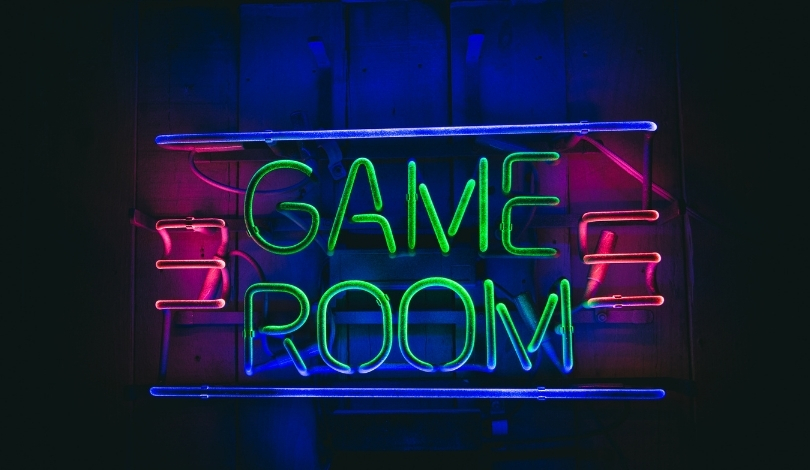Veteran composer Nobuo Uematsu, celebrated for shaping the music of the Final Fantasy series, has offered fresh insight on the shifting landscape of video game music composition. As more blockbuster franchises vie for wide appeal, Uematsu points out that composers often find themselves guided by the preferences of directors and producers. He draws contrasts between past and present, noting that current leadership can sometimes limit musical experimentation and originality. These remarks have sparked discussion among both aspiring and established composers about the direction of game music today.
Media coverage in previous years has often highlighted Uematsu’s influence and the unique voice he brought during his early career, especially in the NES era when composers could experiment more freely due to fewer commercial expectations. Recent interviews, however, reveal his growing concern with industry trends that seem to channel composers into producing more standardized, cinematic sounds—often invoking the style of artists such as John Williams. Commentaries and retrospectives have also compared the diversity of older soundtracks to today’s blockbuster game music, showing a perceived narrowing of creative opportunity over time.
What Concerns Did Uematsu Raise About Today’s Composers?
Uematsu’s assessment focuses on a key shift: the increasing power that game directors and producers wield over the composition process. According to his perspective, this dynamic often restricts composers from expressing their musical opinions fully, regardless of their technical abilities or background. He says the trend drives a preference for grand, orchestral soundtracks and crowds out less conventional approaches.
“Even now, game composers aren’t in a position to speak their opinion freely,”
he noted, expressing concern for creative autonomy.
How Does the Industry’s Approach Affect Musical Variety?
Throughout the conversation, Uematsu compared the environment of the 1980s to current conditions, remarking that the variety and experimentation which characterized early video game soundtracks have diminished. Describing the current industry’s tendency to favor familiar, movie-like scores, he said that producers’ limited musical references often reinforce this trend.
“There are almost no game producers who are well versed in worldwide entertainment and are familiar with a wide variety of musical genres,”
he said, pointing to a resulting lack of diversity.
What Role Do Emerging Composers and Independent Games Play?
Despite these worries, Uematsu recognizes that exceptional and unconventional music continues to be produced, particularly within the independent game sector. Examples like Pizza Tower, Hollow Knight, Hades, and Skald: Against The Black Priory demonstrate that distinct musical identities persist despite broader industry pressures. Uematsu urges new composers to keep experimenting, suggesting that blending genres or trying unexpected combinations could invigorate the field, even if mainstream titles tend toward a certain sound.
Examining Uematsu’s perspective in the context of past trends, it’s clear that while creative freedom may have shifted direction, opportunities for innovation remain—especially in projects less bound by commercial formulas. Recent years have seen the rise of smaller studios that place greater emphasis on musical uniqueness, offering a contrast to large publishers’ cinematic preferences. Composers and gamers alike can look to these spaces for inspiration, as varied soundtracks continue to find their way into critical and commercial acclaim.
- Uematsu comments on reduced creative freedom for today’s game composers.
- He notes industry leaders often prefer mainstream cinematic music styles.
- Indie games show there is still space for distinctive, experimental soundtracks.










